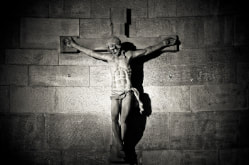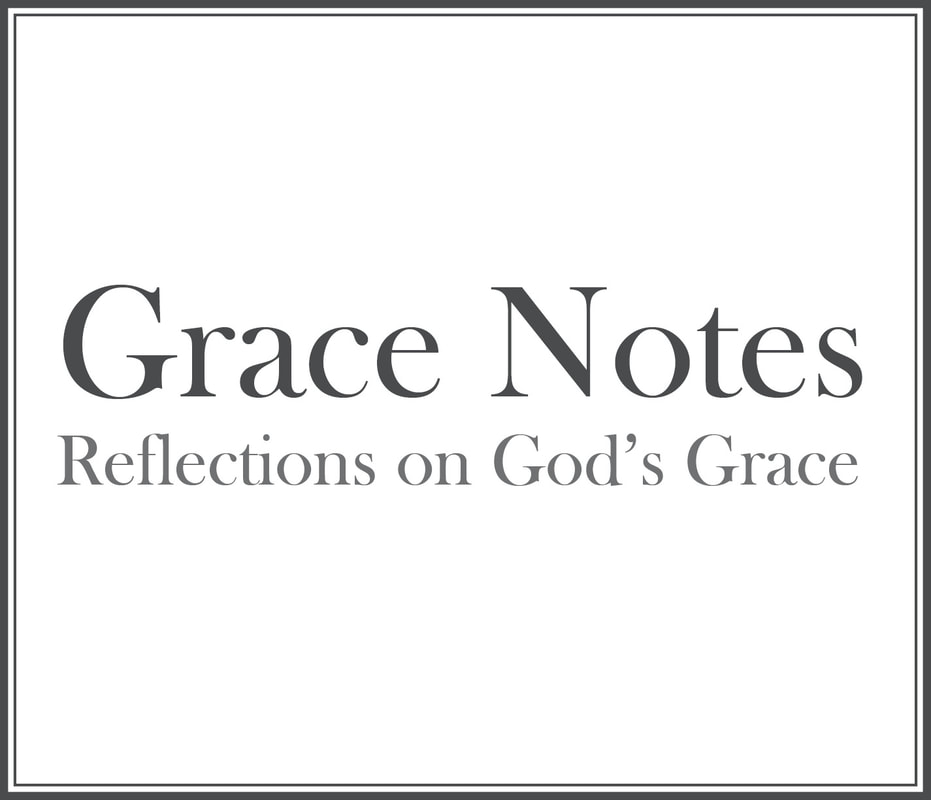 As I watched the horrifying video of police officers beating a man to death, I realized that I was seeing evil in a new way. This was certainly, sad to say, not a unique eruption of violence perpetrated by those who swore to protect and serve. We’ve seen similar scenes unfold all too often. Most of those past incidents were framed in the context of America’s long struggle with racism. In this case, the victim was once again black. So were the perpetrators. I realized as I watched that it is not just racism fueling the violence in our culture, it is something deeper, broader, and more insidious. Cynicism, of a most cancerous sort, is part of the fabric of our culture. Cynicism is the birthplace of racism, sexism, and all the ways we diminish others. Cynicism is living with the assumption that people are bad and self-serving, and that institutions cannot be trusted. Cynicism sees any idealism as misguided and fantastical. It sees faith as escapism and positive views as unrealistic. Sigmund Freud said in his letters, “In the depths of my heart I can’t help being convinced that my dear fellow-men, with a few exceptions, are worthless.” Thanks, Sigmund. (And also with you!)
It is a virulent cynicism that leads five policemen to assume the person in the car is less than human and does not deserve to live; that they are justified to be violent because they are superior, or at least superior to him. It is toxic cynicism that prompts a mob to abandon the values of the nation and storm the capital. It is the evil of cynicism that trains us all to see the world only for what we can get out of it. This is what creates division, violence, apathy, and despair. David Foster Wallace, the novelist and writer, said that our cynicism was “a very modern and American type of ambivalence, a sort of interior war between your deep need to believe and your deep belief that the need to believe is (cow excrement), that there’s nothing left anywhere but sales and salesmen.” Consider the Lobster and Other Essays Wallace took his own life in 2008. John Updike, in Rabbit Redux, writes, “That is what we Americans think, it's win or lose, all or nothing, kill or die, because we've never created the leisure in which to take thought.” This kind of cynicism derides any type of faith in things transcendent or hopeful. We live life. Then we die. That is all. It is the antithesis of a life devoted to the gospel of Jesus Christ. Trust me. I know this. I have spent decades shaking the cynicism from my mind and heart. It took me years to realize that my belief that no one could be trusted and that everything was hopeless was just laziness. It is easier to give up than to trust and hope. An article from Psychology Today, gets at the reason we struggle with this toxicity of mind and spirit. “Cynicism is part of a defensive posture we take to protect ourselves. It's typically triggered when we feel hurt by or angry at something, and instead of dealing with those emotions directly, we allow them to fester and skew our outlook. When we grow cynical toward one thing in our lives, we may slowly start to turn on everything.” If you always begin from a position of doubt, mistrust, and suspicion, assuming that only bad things can happen and that people are essentially bad, you may be fighting this kind of cynicism – and it will get worse. Stephen Colbert, the comedian, and late-night TV host challenges cynicism. Remember that you cannot be both young and wise. Young people who pretend to be wise to the ways of the world are mostly just cynics. Cynicism masquerades as wisdom, but it is the farthest thing from it. Because cynics don’t learn anything. Because cynicism is a self-imposed blindness, a rejection of the world because we are afraid it will hurt us or disappoint us. Cynics always say no. But saying “yes” begins things. Saying “yes” is how things grow. Saying “yes” leads to knowledge. “Yes” is for young people. So, for as long as you have the strength to, say “yes'.” ― Stephen Colbert Saying “yes” is what God does in Christ through the cross and resurrection. God says “yes” to each human being created in the divine image. God says “yes” to a future that was revealed in the life, death, and resurrection of Christ. God’s “yes” to my neighbor means I can no longer see them as “bad” people who don’t matter. God’s “yes” to life is a rebuke to the “no” of beating an innocent man to death. Pax Christi, Tim Olson – Lead Pastor
0 Comments
Leave a Reply. |
Categories
All
Archives
July 2024
|


 RSS Feed
RSS Feed

